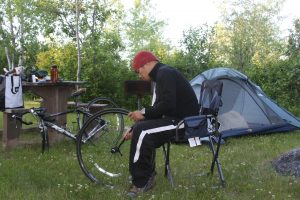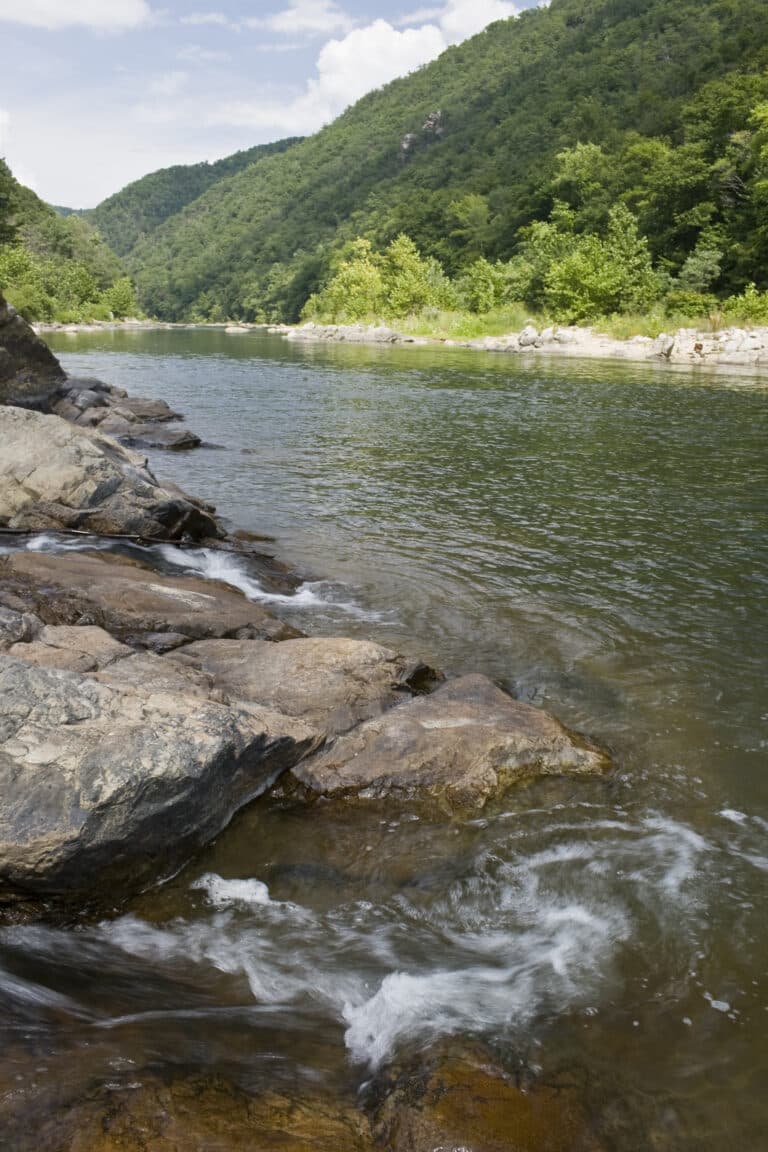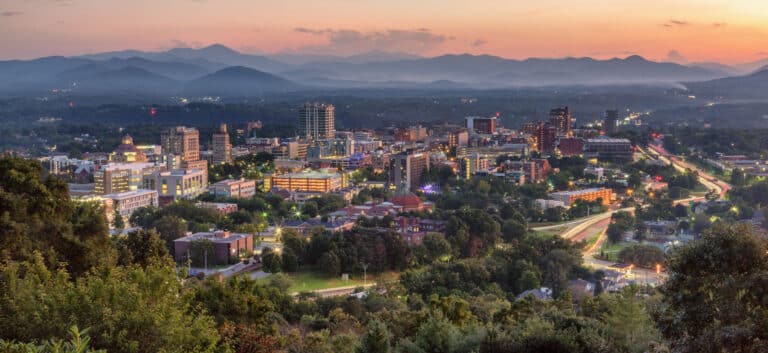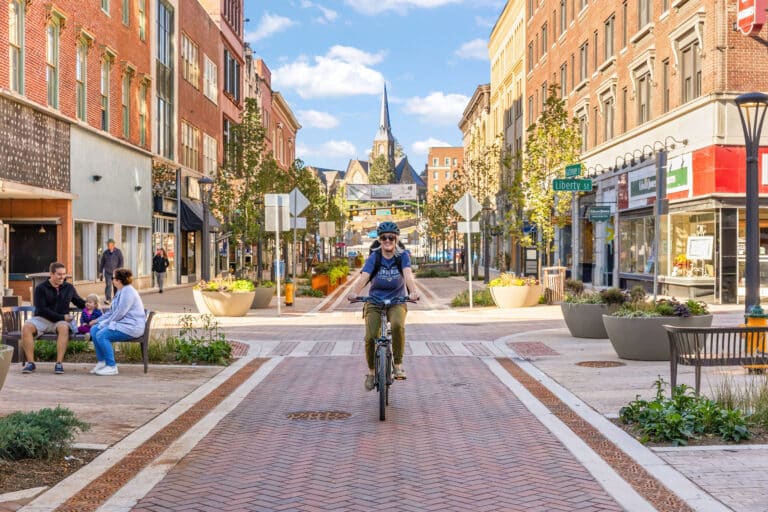Teaching has never been an easy profession. But the current demands on public school educators has hit a new level, akin to tackling an ultra-marathon, finishing a century bike ride, and running a class five rapid back to back to back. With “advancements” like end of grade testing, core curriculum, and enough paperwork to single handedly keep Staples in business, it’s a wonder more teachers don’t take a hike… for good.
My husband taught in a North Carolina middle school for four years. During that time, one of the only things that kept him sane, besides watching The Office and downing a pint or two of Highland Gaelic Ale every night, was trail running. Many of the friends I’ve made on long distance trails and at ultramarathons have been educators, too. So many in fact that I started wondering about the relationship between professional education and outdoors recreation. So I decided to interview a friend, teacher, and adventurer to get his take on the benefits that the outdoors can have on a teaching career.
For the past sixteen years, Heang Uy has spent the majority of his time and energy helping students succeed in the classroom, on the wrestling mat, and on the track at North Henderson High School in Western North Carolina. But away from school, Heang turns to outdoor recreation to provide a release from the pressures of being a teacher. As an avid road cyclist and mountain biker and a willing participant on hikes, climbing trips, and pick-up games of ultimate. Heang has found an outlet and a way to recharge.
“I think everyone needs some sort of mental release,” he says. “If I am able to get in the woods, I can free my mind from the grind of lesson planning and preparing for practices and competition. I am more introverted by nature and it took me a long time to learn that being around people all the time wore me down mentally. By the end of the school year, I’m exhausted.”
On the weekends or a rare weekday when practice let’s out early, Heang heads to Pisgah National Forest or Dupont State Forest to log miles on his mountain bike. Or if time is limited, he’ll hop on his road bike and wind through the rolling terrain, country roads, and sweet smelling apple orchards near his home. When he time allows, he tackles bigger adventures. Some would even call them epic. One of the biggest perks of teaching – besides, of course, having an impact on America’s youth and creating a better tomorrow – is two months off from work every summers.
But the notion that teachers have a full season each year to do as they please is a myth. Any parent who sends there child to public school will tell you that school calendars are ending later and starting earlier. Teachers have in service workdays before the students arrive and after they leave. Many of them find it necessary to pick up a summer job to supplement their income. Others will spend countless unpaid hours bettering their lesson plans or preparing for a new course or revised curriculum in the fall. Even so, if they don’t have to tackle new curriculum or take a second job, they’ll have six to eight weeks to do as they please, and compared to other professions, that’s pretty rare.
Heang spent a few summers working in the food service industry to subsidize his income. But in the past decade, he’s spent most of his summers on extended bike tours. In 2010, he cycled more than 3,000 miles from Cannon Beach, Oregon, to Folly Beach, South Carolina. Five years later, he rode his mountain bike down the Continental Divide. He is a repeat offender on bicycle tours of Colorado and has twice entered RAGBRAI, the Register’s Annual Great Bike Ride Across Iowa. He has also completed self-supported rides in Nova Scotia, Vancouver, and the Alaskan Yukon.
“I started taking some solo and small group outdoor excursions in the summers and found them to be invigorating,” Heang says. “When people ask if I ever got lonely riding the Great Divide alone, I say no, it was a time for me to reflect and recharge mentally and spiritually.”

Public school teachers are notoriously underpaid – especially in the southeast. According to data released by the National Education Association, of the fifteen states with the lowest average teacher salaries, eight of them are below the Mason-Dixon Line. In North Carolina teacher pay was frozen from 2008 to 2011. And of course during that period, the cost of living continued to increase, to the point that one report found a 13% decrease when considering inflation over the past 15 years. Thankfully, access to public lands is still free- or in some cases relatively cheap- and this makes them attractive vacation options for teachers.
`“I keep my costs down by camping and cooking as often as I can,” says Heang. “And, while I wouldn’t recommend it, I hitchhiked from Denali to Anchorage because I didn’t want to pay the bus fare. Getting to Yellowstone, Alaska, or Banff definitely costs some money, but it’s no more expensive than traveling to Orlando and buying passes to one of the theme parks.”
“Plus,” he continues, “In my travels, I’ve always been humbled by how good people are. So many times they’ve reached out and bought me meals, or offered me places to sleep or the occasional ride into town. One restaurant manager drove down the highway looking for me because I left my debit card behind. Strangers quickly become friends.”
Although Heang often turns to the outdoors to find respite from the classroom, an unintended side effect of his adventures is that it has made him a better teacher and coach.
“It takes months of preparation to decide how to live off the bags on your bike. I’ve learned that if you go into anything well prepared, you put yourself in a position to succeed.”
As a result of Heang’s thoughtful preparation in the classroom, he earned his school’s Teacher of the Year award in 2016. And he’s aware that what he does on his bike will continue to impact his students in the way he approaches his curriculum and lesson plans.
“I hope I can push students to do things they don’t believe they can do,” he says. “They need to know that the world is not experienced through a screen.”
“I try to tell my students I’m not special. I’ve accomplished some pretty cool things on my bike, but I don’t have any talents that they don’t have. I want them to have a dream. I tell them they have to believe in themselves and persist through adversity. I hope I set that example for my students.”
When educators like Heang spend time recharging- not just outside the classroom but outside, moving light and fast across black top, single track, river or rock, or simply being still and soaking up the sun- they’re still teaching their students an important lesson. Teachers who double as outdoor enthusiasts demonstrate to their students, peers, and the public that self-care is imperative, that escape is important, that public lands matter, and that adventure is accessible, anywhere and on any budget. They show us that life’s most important lessons are not always taught in the classroom. That biking 3,000 plus miles can feel like a vacation when compared to teaching. And that we need to do better by those dedicated to improving the lives of our children- and the land we all love.







